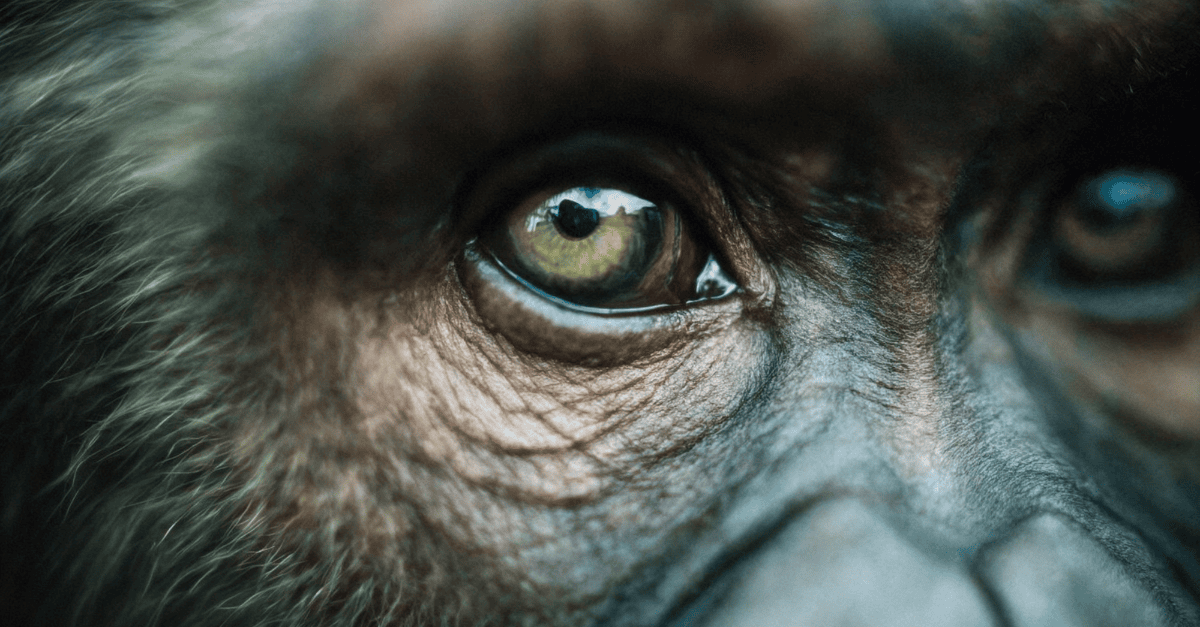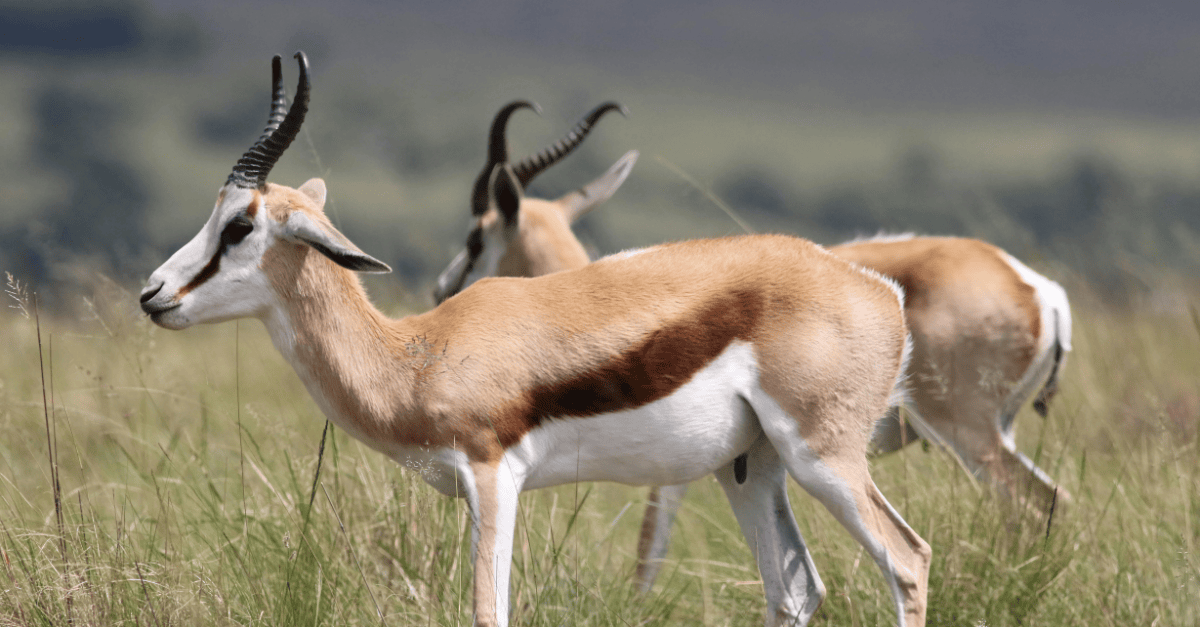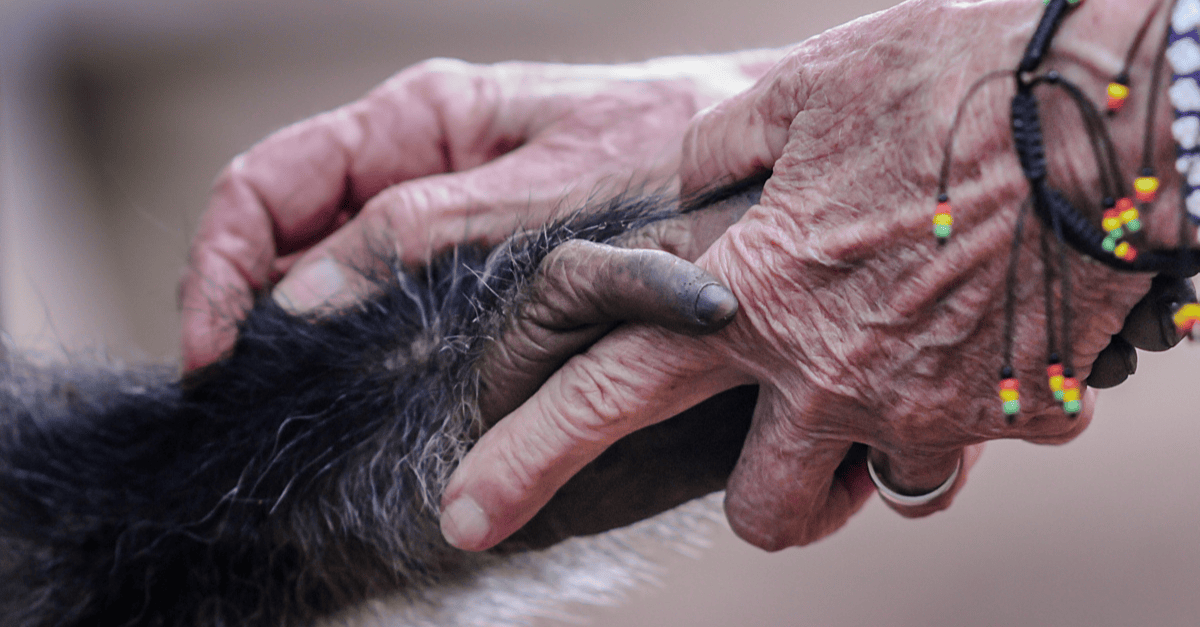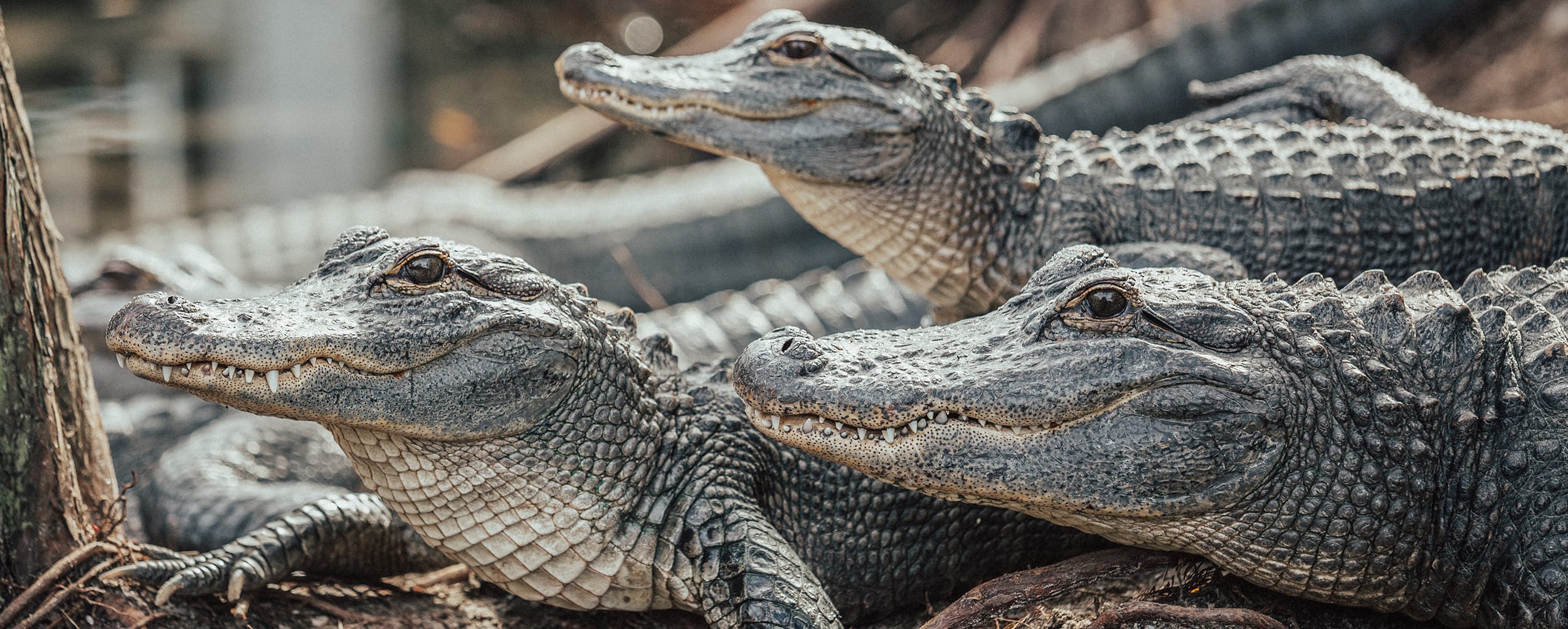by Marianne Steel, CEO, The Donkey Sanctuary for World Donkey Day,
It has been almost ten years since The Donkey Sanctuary first received reports of donkeys being bought or taken from villages in Africa, only to be found, days later, slaughtered with their skins removed. We did not know it at the time, but we were about to embark on the biggest donkey welfare protection initiative in our history.
The Donkey Sanctuary’s commitment to Stop the Slaughter and end the inhumane and unsustainable donkey skin trade has been a tireless campaign, spanning countries and continents, involving partners, supporters and governments, and strengthened by allies found in some surprising sectors.
While the campaign has gained momentum, demand for the traditional Chinese medicine ejiao, which is made from donkey skins and drives the trade, continues to escalate. Latest industry data reveals production doubled in five years, and our most conservative estimates, published earlier this year, show at least 5.9 million donkeys face slaughter each year just to keep pace.
And yet, despite growing demand, the signs are there: the tide is turning on this brutal trade.
The announcement today, on World Donkey Day, that Emirates, the world’s largest international airline, is adopting a ban on the carriage of donkey skins on all their flights, shows the commercial world is also waking up to what is both a human and animal welfare disaster.
Our joint research with the University of Oxford revealed that as well as posing a significant threat to global biosecurity, donkey skins are often used as a Trojan horse for other wildlife smuggling. Emirates’ decisive and market-leading action will not only protect donkeys but will also help prevent the trafficking of other threatened species and reduce the risk of disease being passed from donkey skins to humans.
Emirates’ No Donkey Skins carriage policy follows the decision by the African Union in February this year to ban the slaughter of donkeys for their skins. This was a pivotal moment in the campaign – a unanimous statement from all of Africa’s leaders to call time on the relentless exploitation of one of their most precious resources.
It is impossible to overstate the significance of these commitments which are beacons for what is possible when NGOs, governments, animal welfare organisations and industry leaders unite towards a vision of a better world – for donkeys and the people who rely on them.
The decision by the African Union and the action by Emirates will be keenly observed by decision-makers on the other side of the Atlantic where donkeys also face an existential threat due to the skin trade.
In Brazil’s National Congress, the bill to ban donkey and horse slaughter has passed both the Agricultural and Environmental Commissions and is expected to go to the Constitution and Justice Committee before the end of this year. As in Africa, donkeys play a huge role in the cultural heritage of Brazil and the movement to ban their slaughter has the passionate backing of high-profile politicians, artists, and actors, and is supported by The Donkey Sanctuary’s own dedicated team in the region.
When this campaign began, we never imagined these humble, intelligent and sensitive creatures would have so many powerful allies, capable of turning the tide on this devastating trade. And yet, from the corridors of power in Brazil, to the highest level of decision-making in the African Union and the headquarters of the world’s largest international airline, it is clear donkeys have friends in high places indeed.





